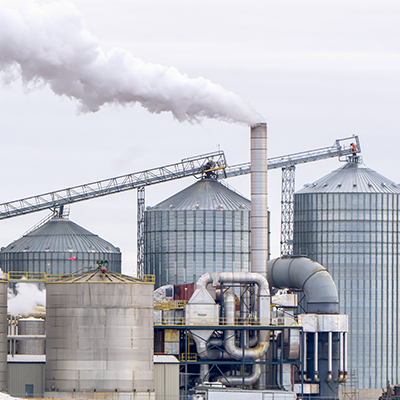-
Andrew
March 18, 2023 at 3:20 pm
Kinda don’t agree with Vince or Dennis.
I haven’t heard any one talking in Iowa about not letting CO2 lines cross the state? Only legislative bills I have seen are common sense restrictions for Eminent Domain abuse. The Wolf carbon pipeline in Iowa has committed to NOT use Eminent Domain for any of there project. Iowa corn growers are pro ethanol we just don’t like government price restrictions telling us how much we can or can’t sell our land easements for!
News
Iowa farmer says carbon pipelines present tremendous opportunity for agriculture

An Iowa farmer says investments in carbon pipelines are vital for the ag economy despite concerns about eminent domain and safety.
Dennis Friest is president of the Iowa Corn Growers Association and says pipelines present a tremendous opportunity. “To be able to maintain the ethanol market because almost 60 percent of our corn grind goes to ethanol.”
Speaking with Brownfield at the Commodity Classic, he says a pipeline is planned to run through his property and negotiations were fair. “What they offered me in an easement was a very attractive price, and to me, it’s been a good thing to look at it and take advantage of it.”
And, Freist says, once built, it shouldn’t disrupt farming operations. “They’re burring the pipe five feet deep and that’s below anything I do for tiling or anything I do on the farm. They’re putting in safety valves every so many miles in case there is a leak. It’s carbon dioxide is what’s in the line. It’s liquid carbon dioxide and that’s naturally occurring in nature.”
He says carbon sequestration projects present additional revenue streams for farmers.
-
-
How much CO2 will be emitted into the atmosphere by the fossil fuel energy required (embodied energy) for the liquefication of the ethanol sourced CO2 to be transported across state lines?
Embodied Energy is the sum of all the energy required to produce any goods or services, considered as if that energy was incorporated or ’embodied’ in the product itself. The concept can be useful in determining the effectiveness of energy-producing or energy saving devices, or the “real” replacement cost of a building, and, because energy-inputs usually entail greenhouse gas emissions, in deciding whether a product contributes to or mitigates global warming. One fundamental purpose for measuring this quantity is to compare the amount of energy produced or saved by the product in question to the amount of energy consumed in producing it.
Embodied energy is an accounting method which aims to find the sum total of the energy necessary for an entire product lifecycle. Determining what constitutes this lifecycle includes assessing the relevance and extent of energy into raw material extraction, transport, manufacture, assembly, installation, disassembly, deconstruction and/or decomposition as well as human and secondary resources.

I agree with Dennis.
We need to keep those ethanol plants making good margins with carbon negative ethanol to sell to the gasoline markets that need and want it. If Iowa doesn’t let the co2 lines cross our state then the ethanol plants in states that do will outbid Iowa ethanol plants and you will see more corn go to them.